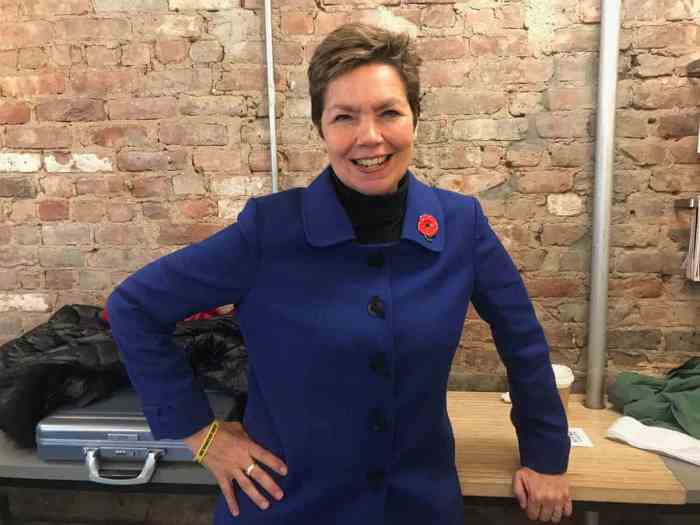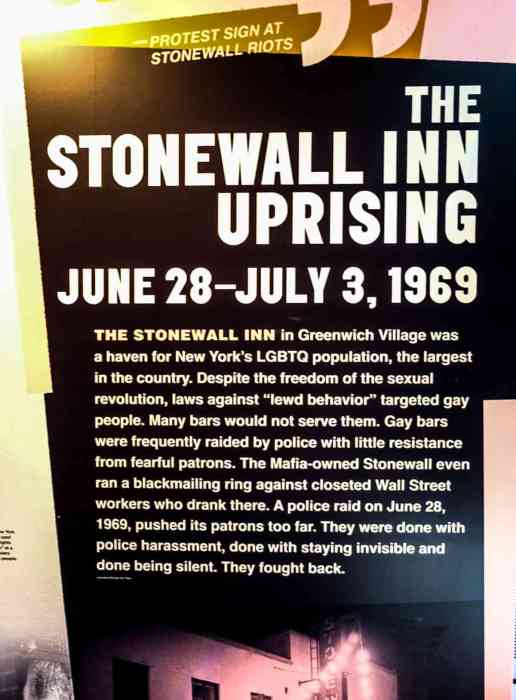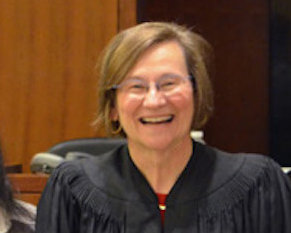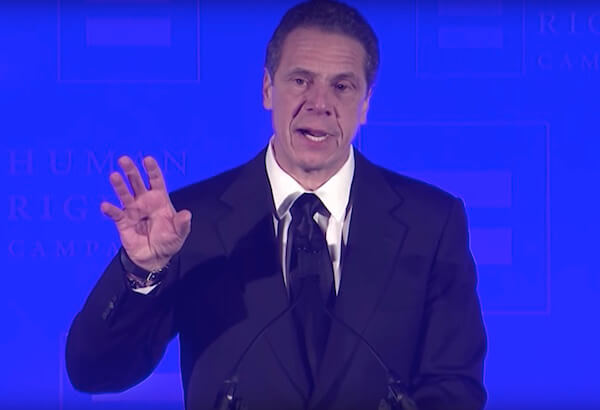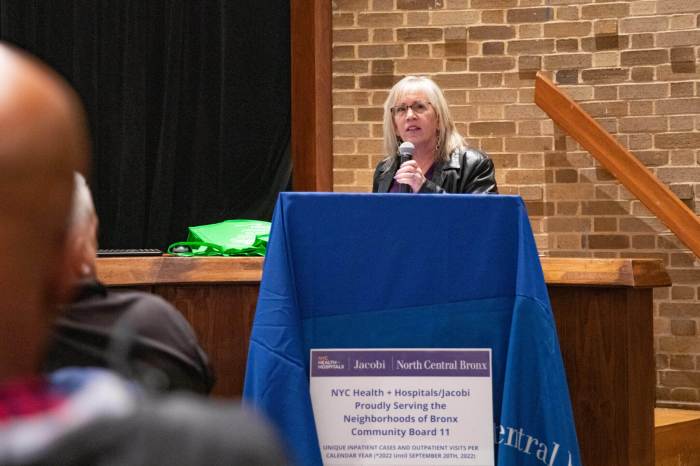Army Sergeant Shane Ortega issued a joint statement with Kristin Beck, a retired US Navy Seal, on behalf of the Military Freedom Coalition praising the Pentagon action.MILITARY FREEDOM COALITION
In a statement laying the groundwork for what seems certain to lead to open service by transgender members of the US military, Secretary of Defense Ash Carter, on July 13, announced that a high-level working group would spend six months to study “the policy and readiness implications of welcoming transgender persons to serve openly.”
Carter’s statement left no doubt that the working group’s goal is not to determine whether open transgender service is feasible, but to determine guidelines for successfully implementing a change in policy.
“At my direction, the working group will start with the presumption that transgender persons can serve openly without adverse impact on military effectiveness and readiness, unless and except where objective, practical impediments are identified,” the defense secretary said.
Six-month working group to start from presumption that open service can be implemented
Carter opened his comment by squarely acknowledging the lack of sound reasons for continuing to ban transgender soldiers, nearly four years after gay and lesbian soldiers began to serve openly.
“The Defense Department’s current regulations regarding transgender service members are outdated and are causing uncertainty that distracts commanders from our core missions,” he said. “We have transgender soldiers, sailors, airmen, and Marines — real, patriotic Americans — who I know are being hurt by an outdated, confusing, inconsistent approach that's contrary to our value of service and individual merit.”
Carter named Brad Carson, the undersecretary of defense for personnel and readiness, to head up the working group. In a second directive, the defense secretary essentially established a moratorium on further discharges of transgender service members while the working group completes its charge, giving Carson decision authority over all such cases.
For transgender advocates and scholars who have studied the issues surrounding open service, Carter’s news was greeted enthusiastically.
Retired Navy Seal Kristin Beck. | WIKIMEDIA COMMONS
“We are elated at the announcement that soon officially the transgender military ban will be eliminated,” actively serving Army Sergeant Shane Ortega and Kristin Beck, a retired US Navy Seal, said in a joint statement on behalf of the Military Freedom Coalition. “This brings ease to selfless heroes who deserve equal dignity and respect. We look forward to continually working with the Obama administration and Pentagon officials on a clean, swift, and effective plan to close out this chapter of discrimination. Today is a great step forward for life, liberty and the pursuit of happiness for the United States of America.”
Aaron Belkin, the director of the Palm Center, which for the past decade has produced peer-reviewed scholarship on the integration of sexual minorities into the military, also praised Carter’s announcement.
“Today’s announcement is welcome news, not just for the 15,500 transgender personnel serving currently, but for all Americans,” he said in a written statement. “The Pentagon should move quickly to replace the ban with inclusive policy, and its review process should be informed by the social science research that explains how to do so. Both the research as well as the lessons of 18 foreign militaries that have lifted their bans on transgender personnel show that lifting the ban will not be difficult.”
For Belkin, however, Carter’s move couldn’t come soon enough. In April, he was in New York to meet with media outlets in an effort to educate them on the work the Palm Center has published on transgender service — work he was confident makes the case for a change in policy. Unlike open service by gays and lesbians, which first required repeal of the statutory Don’t Ask, Don’t Tell policy, the Defense Department has the authority to welcome transgender service members on its own. But, there is no guarantee that the Pentagon will report to a Democratic president for more than another 18 months.
In comments to Gay City News at that time, Belkin emphasized two recent studies the Palm Center released. One was written by a nine-member commission led by a retired Army surgeon general that also included a retired brigadier general which concluded that open service “is administratively feasible and neither excessively complex nor burdensome.” The commission’s report pointed to the 18 nations — including the United Kingdom, Canada, Israel, and Australia — that already allow transgender military service.
The other study Belkin pointed to was one examining the medical issues raised by having transgender soldiers in the ranks. The report, released by a commission led by former US Surgeon General Joycelyn Elder that included a retired rear admiral and a retired brigadier general, concluded “there is no compelling medical rationale for banning transgender military service.”
The question of the availability of needed medical treatments, such as hormone therapy, in fact is one about which Belkin was passionate in his conversation with Gay City News. The military, he explained, has developed a sophisticated system for distributing medication worldwide, yet transgender service members have been unable, for fear of outing themselves, to obtain medications easily available to cisgender personnel. In effect, the ban on transgender service effectively denies proper medical care to thousands of active duty soldiers.
Belkin also addressed the question of whether opening up military service is the among the most pressing needs of the LGBT community. For transgender people, the answer, he said, is emphatically yes. Perhaps given the limited economic opportunities they face, the nation’s transgender population is twice as likely to serve in the military as the average American, and a total of 20 percent of all transgender people are veterans. He noted that of the population of transgender service members, 90 percent are trans women.






























